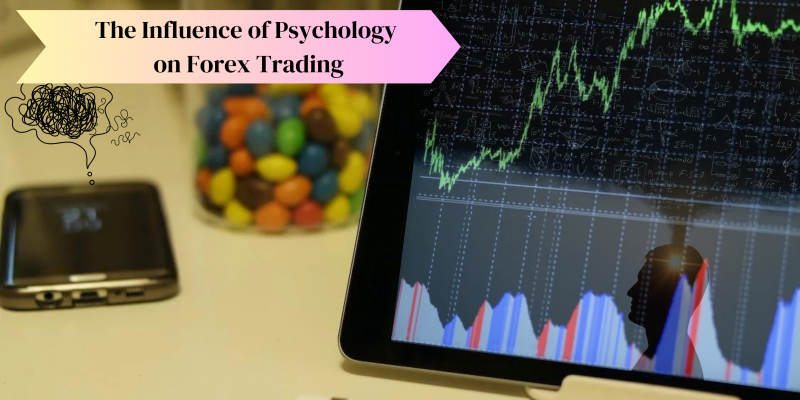In the fast-paced world of forex trading, success is elusive for many. With its volatile nature and intricate dynamics, navigating the forex market requires more than just luck. Successful forex traders possess a unique set of skills, strategies, and mindsets that set them apart from the rest. Whether you’re a novice trader or a seasoned professional, understanding the key elements that drive success in forex trading is paramount. Here are the top four things that successful forex traders consistently do:
1. Establishing a Solid Trading Plan
Successful forex traders know that a solid trading plan is the cornerstone of their success. They don’t rely on impulsive decisions or emotional reactions to market fluctuations. Instead, they meticulously craft a well-defined trading plan that outlines their objectives, risk tolerance, entry and exit points, and overall strategy.
A robust trading plan serves as a roadmap, guiding traders through various market conditions and helping them stay disciplined in their approach. It provides clarity in decision-making and helps traders avoid common pitfalls such as overtrading or chasing losses. Successful traders regularly review and refine their trading plans to adapt to changing market dynamics and improve their performance over time.
2. Risk Management
Risk management is non-negotiable for successful forex traders. They understand that preserving capital is crucial for long-term success in the forex market. Instead of risking large portions of their capital on single trades, they adhere to strict risk management principles to protect their investments.
Successful traders typically risk only a small percentage of their trading capital on any single trade, usually no more than 1-2%. They use stop-loss orders to limit potential losses and employ proper position sizing to ensure that no single trade can significantly impact their overall portfolio. By prioritizing risk management, successful traders can weather temporary setbacks and maintain a sustainable trading career in the long run.
3. Continuous Learning and Adaptation
The forex market is constantly evolving, influenced by a myriad of factors ranging from economic indicators to geopolitical events. Successful traders recognize the importance of staying informed and continuously honing their skills and knowledge. They dedicate time to studying market trends, analyzing charts, and staying updated on relevant news and developments.
Moreover, successful traders are open to adopting new strategies and techniques as the market landscape changes. They don’t become complacent with their existing methods but instead remain flexible and adaptable in their approach. By embracing lifelong learning and adaptation, successful forex traders stay ahead of the curve and capitalize on emerging opportunities in the market.
4. Maintaining Discipline and Emotional Control
Discipline and emotional control are perhaps the most underrated yet crucial traits of successful forex traders. They understand that emotions such as fear, greed, and impatience can cloud judgment and lead to irrational decision-making. Therefore, they cultivate a disciplined mindset that allows them to stick to their trading plan and strategy, even in the face of adversity.
Successful traders remain calm and composed, regardless of whether they’re experiencing a winning streak or a series of losses. They don’t let short-term fluctuations dictate their actions but instead focus on executing their trades based on logic and analysis. By mastering their emotions and maintaining discipline, successful traders can avoid costly mistakes and stay on course towards their long-term goals.
In conclusion, success in forex trading is not merely a matter of luck or intuition. It’s the result of deliberate effort, strategic planning, and relentless discipline. By following the example set by successful traders and incorporating these key principles into their own trading practices, aspiring forex traders can increase their chances of achieving sustainable success in this dynamic and challenging market.











